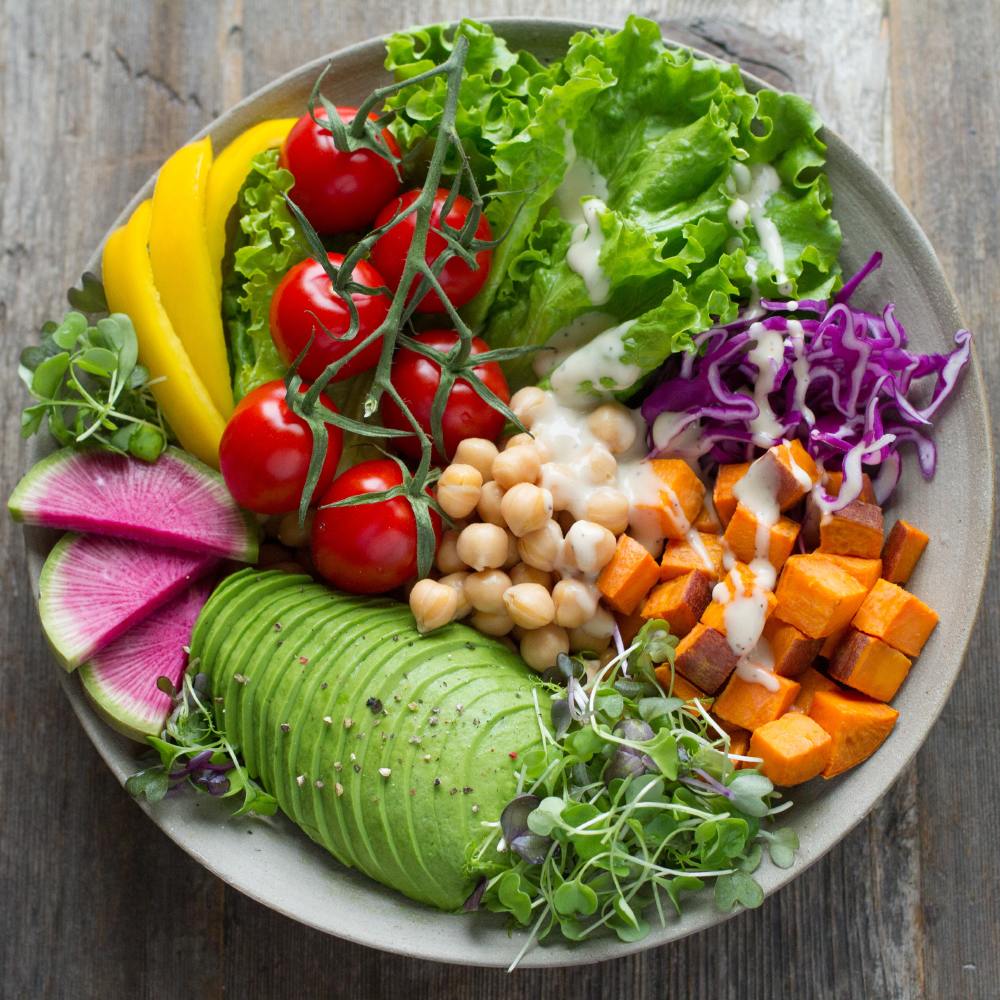We all lead busy and hectic lives and it’s tempting to opt for a ready-made meal or processed snack, rather than a healthy portion of food that offers nutritional benefits.

However, there are easy ways in which we can transform our diets which don’t involve major lifestyle changes, or hours spent cooking in the kitchen.
Drink more water
When thinking about transforming your diet, the first question you should ask yourself is – am I drinking enough water? Drinking enough water is essential for maintaining a good diet and promoting overall health. It is currently recommended that each day women drink around 2.7l and men 3.7l.
Drinking water can promote weight loss as it keeps us full, which means that we are less likely to overeat at mealtimes. This is not to say that drinking water should be a substitute for food, however, it might be useful to drink water before meals if your goal is to lose weight to avoid confusing hunger for thirst.
Substituting fizzy drinks for water will also promote weight loss and a healthier lifestyle generally, as this will mean that you are cutting out unnecessary sugars from your diet.
Substitute white carbs for whole grains
Whole grains are generally much healthier than white carbs, as they contain more micronutrients. Whole grain foods, such as whole grain bread and pasta, quinoa and oats, contain fibre which promotes healthy digestion, as well as being rich in B vitamins, essential for metabolic efficiency. Try adding brown rice to a meal instead of white rice, or perhaps eating a wholewheat cracker as a snack, rather than a packet of crisps.
Eat less sugar
It is easy to over consume sugar, even when we think we are eating healthily, it is highly palatable, spikes insulin which leads to a crash and the craving for more of the same. However, this is not to say that all sugar is bad for you. Natural sugars found in fruit, for example, are healthy if consumed in moderation. I would recommend consuming artificially sweetened products in moderation, such as fizzy drinks, biscuits, sweets, and chocolate.
MORE: Dietary advice for babies and toddlers: Why a no/low sugar diet is crucial
Add more protein to your diet
Protein is an essential part of our diet, and it’s benefits when looking to improve your diet should not be overlooked. Protein promotes good health, weight loss and allows our bodies to repair muscles and cells. If you are looking for a lighter protein, I would recommend fish, tofu or eggs – as these are foods that will keep you full and carry less risk of heart disease than red meat. Another great way of ensuring you’re consuming enough protein is by having a convenient, high-protein product as a snack. I would recommend Warrior CRUNCH bars or Warrior RAW flapjacks, which contain up to 20g of high-quality milk protein, less than 3g of sugar per bar and come in a variety of delicious flavours.
Make sure your plate is colourful
We learn from an early age that it’s essential to eat our greens – this is a must, but we must not overlook the other delicious and colourful foods that we have on offer. At mealtimes, make sure you have an array of colourful veg on your plate, as well as your protein and carbs, such as carrots, butternut sqaush, spinach, and beetroot. Colourful vegetables are rich in vitamins A, E and C as well as fibre and antioxidants.
Words by David Stache, Nutritionist for leading sports nutrition brand, Warrior.
For more information, visit www.warrior.com

Tagged in Health food Nutrition Healthy eating

